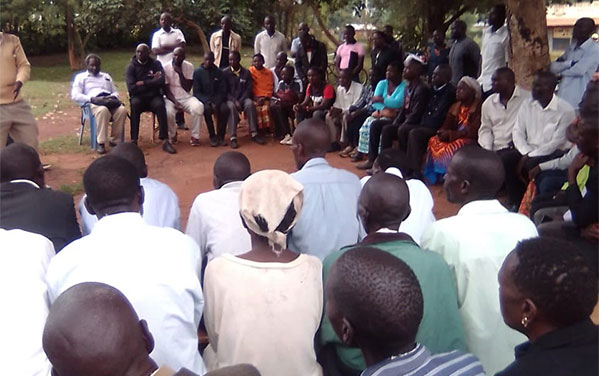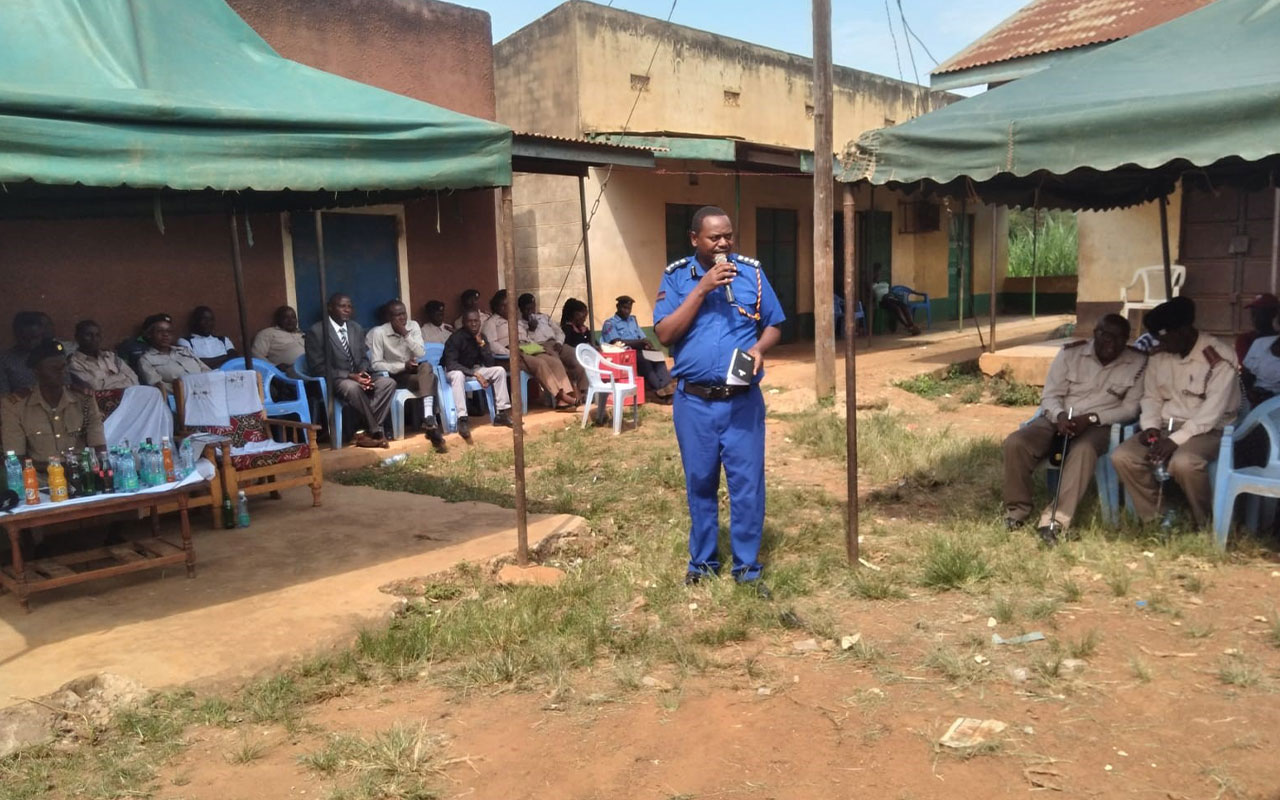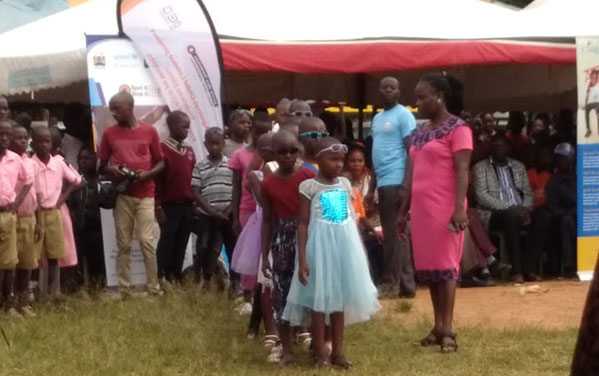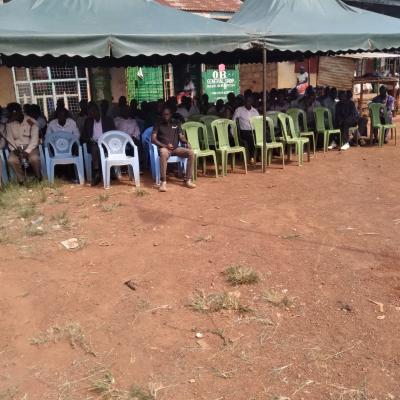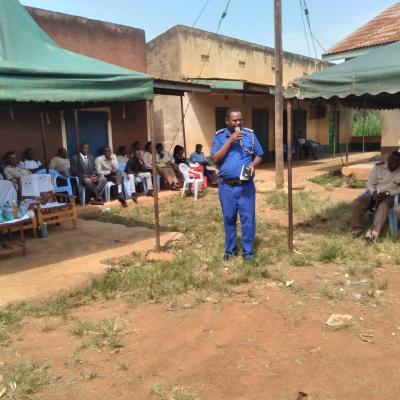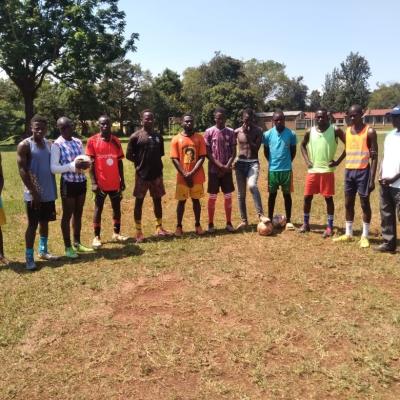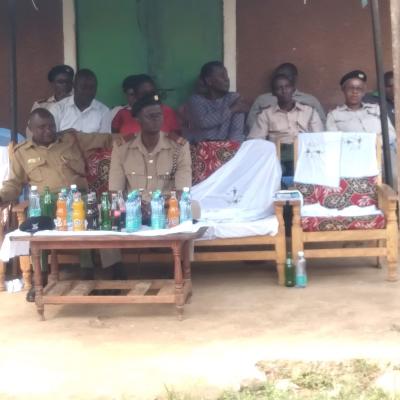To proactively prevent crime, BBC first looks at and understands the causes of crime before coming up with strategies. One of the causes of crime BBC has considered is recidivism. This is where offenders repeat offenses or go back to crime after being released. In other words, Recidivism is the commission of crimes by individuals who have already faced criminal sanctions.
As stated in the book “The Silver Bullet” by Major Rtd. Titus Wabwire, in Kenya the rate of recidivism is estimated to be about two-thirds of the released persons according to the Kenya National Bureau of Statistics. While criminal offenders need to face the consequences of their actions, especially through incarceration, BBC observed that the inability of the ex-convicts to re-integrate is a ticking time bomb. Global statistics confirm that the rate of reoffending is high, sometimes higher than 70%. The social and economic costs of the failed reintegration of offenders are a major concern for policy makers around the world. BBC as such looks at factors influencing recidivism as follows;
